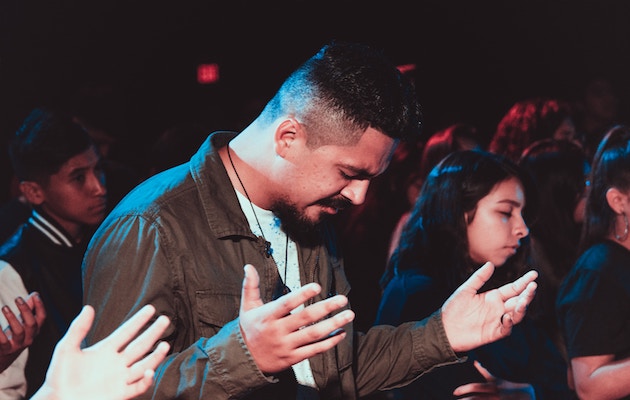The church, key to the integration of migrants, research finds
A study shows that evangelical churches give migrants “the opportunity to integrate into the community and establish relationships”. It calls the political authorities to use these opportunities better.
Protestante Digital · BILBAO · 10 SEPTEMBER 2019 · 17:16 CET

The research “Spiritual brokers: African Pastors and the mediation of migratory processes”, published by Rafael Cazarín, a sociologist at the University of the Basque Country, analyses the role of evangelical churches in the adaptation of people newly arrived in a foreign country.
It focuses, above all, on the Pentecostal communities in Spain, especially Nigerians and Congolese. According to the study, “there is a fairly important relationship” between the religion of migrants and their integration into the society.
“By attending churches to participate in religious services, they have the opportunity to integrate into the community and establish relationships”, Cazarín says.
Cazarín has framed his research in the Spanish region of Bilbao and its metropolitan area. “Although the local population does not know that they exist, only in the city there are 6 or 7 of these churches, but there may be twice or even more on the outskirt”.
In these churches, “people of different nationalities, who in other contexts would not mix, come together. They tend to put aside traditions of their places of origin, seeking cohesion in the evangelical worship service”, the researcher points out.
PASTORS, A KEY ROLE IN INTEGRATION
In addition to the community itself, the document shows the importance of pastoral work in adapting the person to their new home.
According to Cazarín, these pastors are “protectors and people who articulate the community, providing information of general interest to people who in many cases are undocumented, such as the places where they can be registered, the social aids to which they can opt, or what is the best way to operate in certain provinces”.
“They also speak several languages, and they have been in the place for a long time which is very useful in the mediation process”, Cazarín adds.
However, “the state has not taken advantage of this influence to carry out integration policies. On the one hand, because they believe that the churches are far from the groups they are targeting. On the other hand, because the role of pastors in the migrant community is not sufficiently recognised”.
“As long as there is no greater approach from the public integration services, people will continue to go to the pastor, because he is the closest person they have”, the sociologist says.
GERMANY AND CATALONIA
The research mentions Germany and the region of Catalonia as examples of a good relationship between the authorities and pastors and churches, to facilitate the adaptation of migrants.
Cazarín also points out that he has attended events of the national embassies in the facilities of a church he visited during the research, “because of the important influence that pastors have as leaders and influencers in the lives of migrants”.
“Pastors comment that there are people who go to church to have social relationships, strengthen emotional ties and companionship, which in their daily lives are more scarce, because of the isolation that the migration process entails”, the researcher concludes.
Published in: Evangelical Focus - life & tech - The church, key to the integration of migrants, research finds
